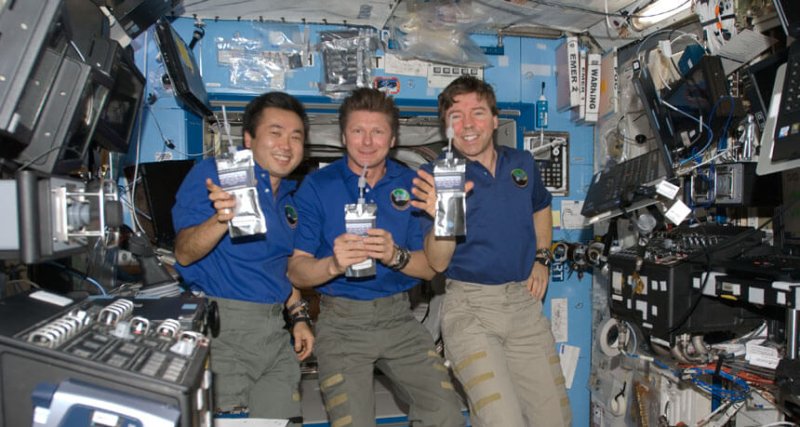Yeast strains of Yarrowia lipolytica that naturally like to feed on urine have been bioengineered to produce omega-3 fatty acids, which are essential to human health, as well as polyesters that can be made into moldable shapes.
Generating tools and products from waste compounds is more efficient for a space mission than stockpiling food and supplies, which take up precious cargo room and require extra fuel to escape Earth’s gravity.
…
[Mark Blenner, an assistant professor of chemical and biomolecular engineering at Clemson University] and his team used the genetically engineered yeast to produce 50 mg of omega-3s and 250 mg of plastic.…
As the yeast grow, they’d create the omega-3 fatty acids, which store up inside their cell walls. Ideally the yeast would be engineered to accumulate a large percentage of their body weight as omega-3s. How they’d be consumed is still an outstanding question.
“They’re full of protein and amino acids and omega-3s,” said Blenner. “You could technically eat that, as long as the astronauts would like the taste of it, which is a question.”
The GLP aggregated and excerpted this blog/article to reflect the diversity of news, opinion, and analysis. Read full, original post: This Bioengineered Yeast Can Turn Astronaut Urine Into Food and Plastic































